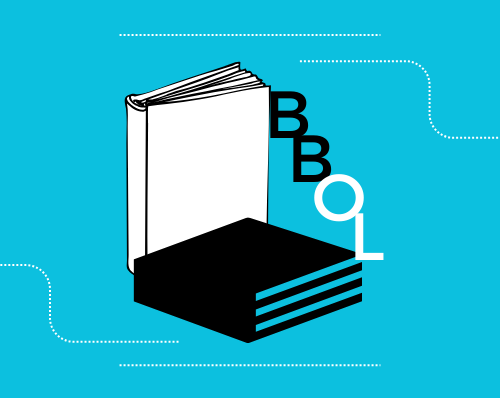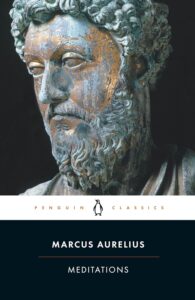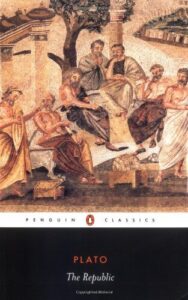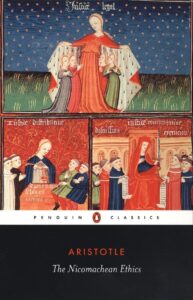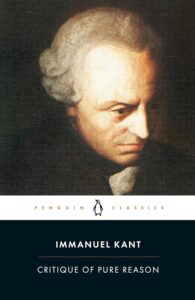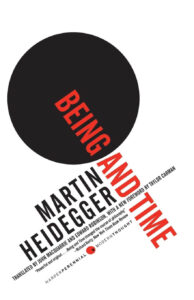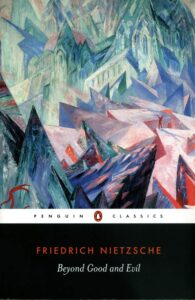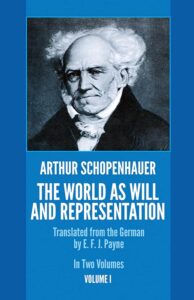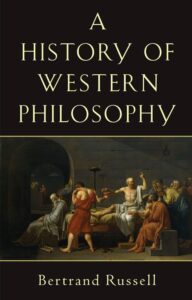Philosophy explores fundamental questions about existence, knowledge, values, reason, mind, and language. These books offer valuable insights, techniques, and guidance to help you delve into philosophical thought. Here, we’ve curated a list of the best books on philosophy that provide practical advice and comprehensive information for anyone interested in this profound field.
“Meditations” by Marcus Aurelius
Description: “Meditations” consists of personal reflections by Marcus Aurelius, the Roman Emperor and Stoic philosopher. This book delivers deep insights into Stoic practices and timeless wisdom on living a good life.
Key Takeaways:
- Understand the core principles of Stoicism.
- Learn how to apply Stoic philosophy to daily life.
- Gain insights into self-discipline and personal resilience.
Why Read It: Essential for anyone looking to understand Stoic philosophy from one of its most famous practitioners.
“The Republic” by Plato
Description: “The Republic” is Plato’s best-known work and one of the most influential books in Western philosophy. It discusses justice, the just city-state, and the education of the philosopher-king.
Key Takeaways:
- Explore Plato’s vision of a just society.
- Understand the role of the philosopher in society.
- Delve into fundamental questions about justice, politics, and morality.
Why Read It: Essential for anyone interested in political philosophy and the foundations of Western thought.
“Nicomachean Ethics” by Aristotle
Description: In “Nicomachean Ethics,” Aristotle explores the concept of virtue and the path to a good life. The book examines moral virtues and the relationship between character and happiness.
Key Takeaways:
- Understand Aristotle’s views on virtue and ethics.
- Learn about the relationship between character and happiness.
- Explore the concept of the “Golden Mean.”
Why Read It: Superb for those interested in ethical philosophy and pursuing a virtuous life.
“Critique of Pure Reason” by Immanuel Kant
Description: “Critique of Pure Reason” is Kant’s seminal work, exploring the limitations and scope of human understanding. The book addresses fundamental questions about knowledge, reality, and the nature of experience.
Key Takeaways:
- Understand the relationship between perception and reality.
- Explore Kant’s theory of knowledge and metaphysics.
- Learn about the limits of human understanding.
Why Read It: Essential for anyone interested in epistemology and metaphysics.
“Being and Time” by Martin Heidegger
Description: “Being and Time” is Heidegger’s most important work, exploring the nature of being. The book delves into existential questions and the human experience of existence.
Key Takeaways:
- Understand Heidegger’s concept of Being.
- Explore existential questions about human existence.
- Learn about the relationship between time and being.
Why Read It: Ideal for those interested in existential philosophy and the nature of being.
“Beyond Good and Evil” by Friedrich Nietzsche
Description: “Beyond Good and Evil” challenges conventional moral values and explores Nietzsche’s philosophy of the “will to power.” The book critiques traditional morality and offers a new perspective on ethics and human behavior.
Key Takeaways:
- Challenge conventional moral values.
- Understand Nietzsche’s concept of the “will to power.”
- Explore new perspectives on ethics and human behavior.
Why Read It: Best for those interested in challenging traditional moral values and exploring Nietzschean philosophy.
“Tractatus Logico-Philosophicus” by Ludwig Wittgenstein
Description: “Tractatus Logico-Philosophicus” is Wittgenstein’s early work, exploring the relationship between language and reality. The book addresses fundamental questions about meaning, logic, and the limits of language.
Key Takeaways:
- Understand the relationship between language and reality.
- Explore fundamental questions about meaning and logic.
- Learn about the limits of language and philosophical inquiry.
Why Read It: Best for anyone interested in the philosophy of language and analytical philosophy.
“The World as Will and Representation” by Arthur Schopenhauer
Description: Schopenhauer’s “The World as Will and Representation” explores the nature of reality and human existence through the lens of will and representation. The book delves into metaphysical questions and the nature of suffering.
Key Takeaways:
- Understand Schopenhauer’s concept of will and representation.
- Explore metaphysical questions about reality and existence.
- Learn about the nature of suffering and human experience.
Why Read It: Superb for those interested in metaphysical philosophy and the nature of existence.
“A History of Western Philosophy” by Bertrand Russell
Description: Bertrand Russell’s “A History of Western Philosophy” provides a comprehensive overview of Western philosophical thought from ancient Greece to the 20th century. The book offers insights into the development of intellectual ideas and their impact on history.
Key Takeaways:
- Explore the history of Western philosophical thought.
- Understand the development of key philosophical ideas.
- Learn about the impact of philosophy on history and culture.
Why Read It: Essential for anyone looking for a comprehensive overview of Western philosophy.
Conclusion
Philosophy offers profound insights into the nature of existence, knowledge, values, and the human condition. The above books provide valuable teachings, techniques, and guidance to help you explore and understand philosophical thought. Whether you are a beginner or an experienced thinker, these books offer essential advice for your philosophy-oriented journey.
